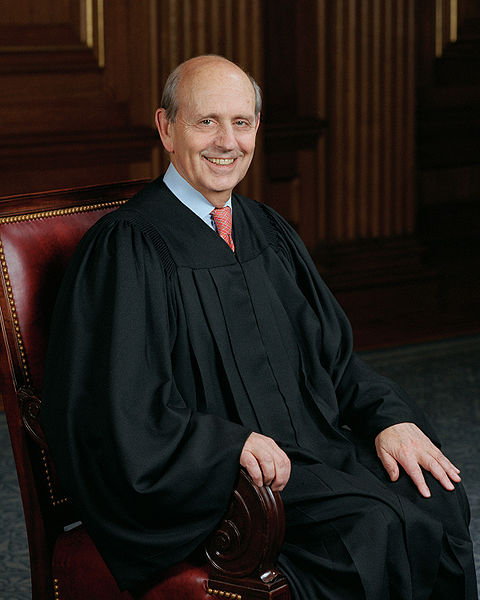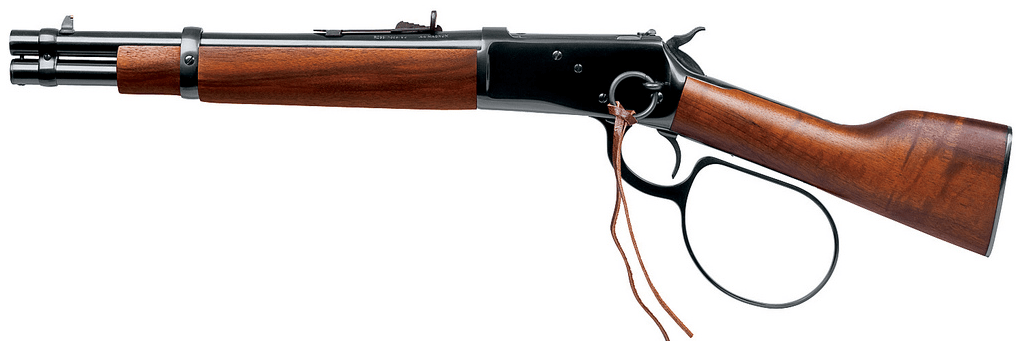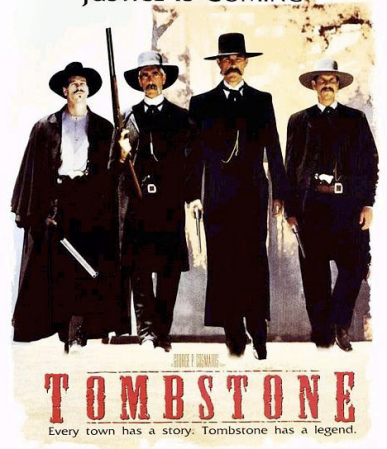We may earn revenue from the products available on this page and participate in affiliate programs. Learn More ›
The debate between those who think the U.S. Constitution is a “living document” subject to revisions inspired by contemporary fits and fads, and those who think it should be adhered to as originally written and intended, was on stark display on Dec. 12 when Supreme Court Justice Stephen Breyer, speaking on Fox News Sunday, declared that the Founding Fathers did not intend firearms to go unregulated.
Of course, Breyer was one of four dissenting justices in the 2008 District of Columbia v. Heller case, which overturned a firearms ban in the District of Columbia, and in last summer’s McDonald v. city of Chicago case, which ruled the city’s gun ban was unconstitutional, so his views should not be surprising.
But they are, nevertheless, disturbing.
According to Breyer, James Madison only included the right to bear arms reluctantly in the Bill of Rights, and only because the states wouldn’t sign the Constitution for fear of creating a too-powerful central government.
Bruce Walker, in a Dec. 14 blog on The New American, said to that extent — significant opposition to the Constitution without a Bill of Rights — “is essentially correct.” However, he continues, otherwise, Breyer’s legal reasoning “seems curious.”
“The Founding Fathers intended to provide state governments with protections against an overbearing federal government,” Walker writes. “How does that invalidate the force of the Second Amendment? The whole of the Bill of Rights is a statement of a concept assumed almost uniformly by the Founding Fathers: the protection of the rights of state governments and individuals against the federal government. Thus, the famous opening words of the First Amendment: ‘Congress shall make no law.’ The Bill of Rights, in fact, places no limits at all on what state governments may do.”
Also during the discussion, Breyer meandered into a rambling discourse on the definition of “arms,” asking, “What is the scope of the right to keep and bear arms? Machine guns? Torpedoes? Handguns?”
“Actually,” Walker writes, “the definition is much simpler than Breyer suggests. Cannons were common in 1789, and no one has suggested a right to own field artillery. The rational definition of ‘arms,’ a right enshrined also in the constitutions of most of the first states, was clearly muskets and pistols (later rifles and revolvers) — weapons which a citizen could use for his own protection or on behalf of his state against a rogue federal government.”
For more, go to:
— Breyer Suggests Second Amendment Out of Date
— Beware SCOTUS Justice Breyer, Constitutional Revisionist
— Breyer: Madison wrote 2nd Amendment to appease the states
— Breyer: Founding Fathers Would Have Allowed Restrictions on Guns













